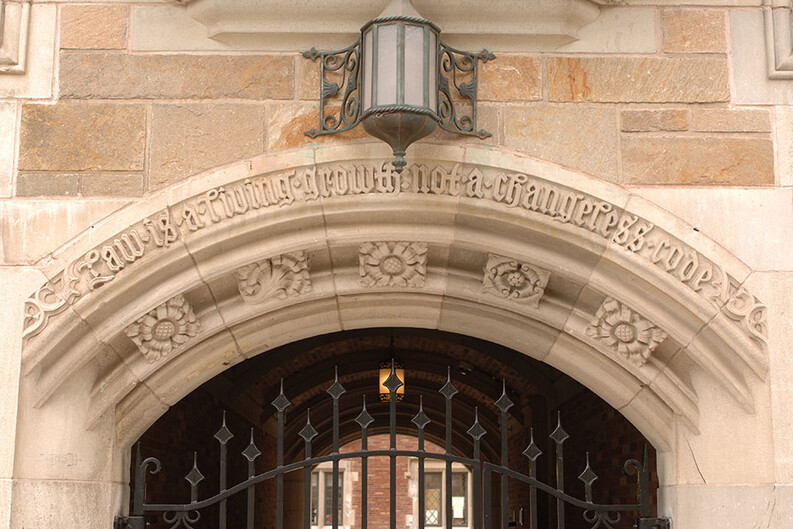Supreme Court Turns Away Lead Paint Companies in Major Win for SFALP

In a decisive victory for Yale Law clinic students and the San Francisco City Attorney, the Supreme Court has rejected4 lead paint makers’ challenge to a historic judgment that held the companies liable for poisoning thousands of Americans. The decision heralds the end of nearly two decades of bitterly-contested litigation.
Students in the San Francisco Affirmative Litigation Project5 (SFALP) at Yale Law School have played a pivotal role in the lead paint case since 2006, putting countless hours into legal research, fact development, and strategizing alongside the lawyers at the City Attorney's Office. SFALP’s innovative partnership with San Francisco has consistently produced6 successful results like this one.
San Francisco joined the lawsuit shortly after Santa Clara County filed it in 2000. The plaintiffs’ coalition eventually grew to encompass 10 California cities and counties. Over the course of the litigation, these localities marshalled evidence that defendants — some of the largest chemical manufacturers on earth — had aggressively promoted and sold lead paint for home use despite knowing that their products were toxic, had taken steps to conceal this danger, and had fought against regulation that could have protected public health.
In 2013, a California Superior Court judge issued a landmark $1.1 billion judgment against the companies, holding them jointly liable for the cost of removing their products from homes across the state. This amount was subsequently reduced to $409 million after a California Court of Appeal ruled that defendants were only liable for the effects of lead paint in homes built before 1951.
According to the clinic, the corporations nevertheless continued to fight tooth and nail to shirk their duties to the victims of their unlawful practices, hoping that the U.S. Supreme Court would overturn the judgment after they unsuccessfully appealed to California’s high court. On October 15, 2018, however, the Justices declined to hear the companies’ case, leaving the $409 million judgment against them in place.
“We were pleased to learn that the U.S. Supreme Court denied the lead paint manufacturers' petition,” said Eliza Pan ’19. “The Court's decision preserved an important ruling for the tens of thousands of California children who have suffered from lead paint exposure.”
“I am grateful to have had the opportunity to work on this groundbreaking public health case,” Pan added. “Being a part of the City Attorney's Office's team during post-trial proceedings has given me a window into innovative lawyering with a firm commitment to the health and welfare of vulnerable populations.”
“Our clinic has been working on this case for many years,” said Professor Heather Gerken7, the Dean of Yale Law School and director of the SFALP clinic. “It’s gratifying to reach this important stage in the process, and I’m proud of the many students who worked on this case. They made today possible.”


